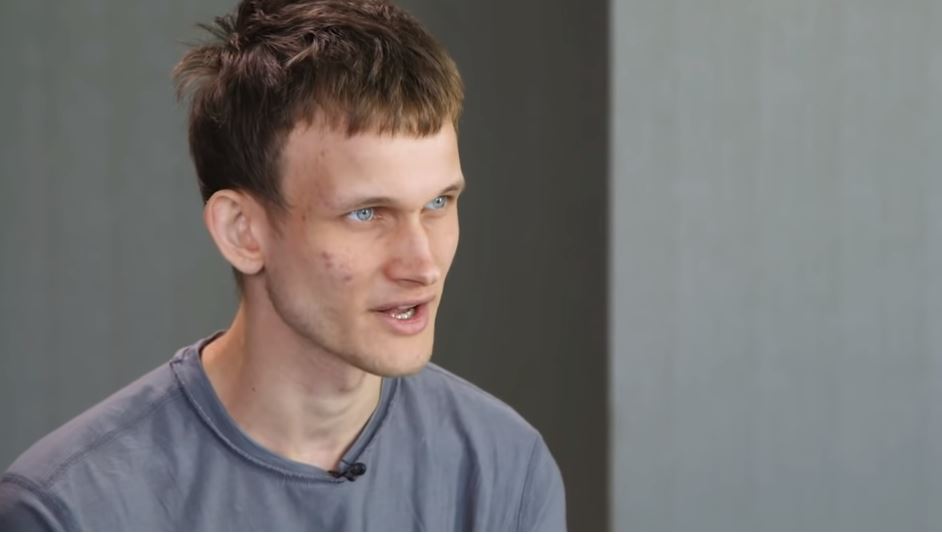Vitalik Buterin Shared New Guidance for Ethereum Developers
03.08.2024 10:30 2 min. read Alexander Stefanov
Ethereum co-founder Vitalik Buterin has stressed that web developers must balance the needs of Web3 newcomers and decentralized application development (dApp) veterans.
Speaking at the BaseCamp Summit on August 1, Buterin highlighted Ethereum’s transition from small-scale applications to those potentially serving tens of millions. He stressed the importance of making apps user-friendly while maintaining the core values of decentralization.
Buterin noted the shift of the Ethereum ecosystem from layer one to layer two and applications, urging developers to appeal to users of all skill levels without relying on centralized infrastructure. He emphasized creating solutions that serve both novice and advanced users by facilitating a smooth transition between skill levels.
Buterin also acknowledged the role of centralized financial companies like Coinbase in integrating new users into the crypto space, posing the question of how to engage the millions of coin holders beyond simply holding them.
The young billionaire highlighted the need to improve inter-chain interoperability to reduce friction (fraction) when transferring assets and accessing dApps across multiple layer two networks. He mentioned ERC-3370 and ERC-7683 as promising upgrades to simplify inter-circuit transfers and called for studies to improve Layer 2 interoperability.
Additionally, Buterin discussed the importance of decentralization of layer two architectures. He outlined a progression from Stage 0 decentralization, where state roots are fed centrally, to Stage 1, which involves a security board overseeing state root submissions, and Stage 2, which enforces delays on contract upgrades and changes to state roots only in the event of errors.
-
1
JPMorgan Lays Groundwork for Tokenized Finance with New Blockchain Trademark
17.06.2025 12:00 1 min. read -
2
Malaysia Opens the Door to Blockchain Experimentation With Launch of Innovation Hub
18.06.2025 22:00 2 min. read -
3
The Bitcoin-Cardano Bridge is Here: What it Means for DeFi
10.06.2025 21:00 1 min. read -
4
Chainlink Edges Closer to Wall Street Integration, Says Co-Founder
12.06.2025 9:00 1 min. read -
5
Polygon Breaks from Decentralization as Sandeep Nailwal Assumes Full Control
11.06.2025 20:00 2 min. read
Kraken’s Ink Chain Ramps Up Usage as Token Launch Approaches
Ink, the Layer-2 network incubated by Kraken and built on Optimism’s Superchain framework, is suddenly buzzing with on-chain activity.
Solana Partners with Kazakhstan to Launch Digital Economy Zone
Solana is making its next major move—this time, not through memecoins, but national partnerships.
Hyperliquid Chosen as Core Reserve in Lion Group’s Blockchain Expansion
Lion Group Holding Ltd. has raised $600 million from investment firm ATW Partners to fuel a major shift into decentralized finance.
Ford Tests Cardano-Powered Data Solution for Its Legal Archives
Cardano startup Iagon has recruited Ford Motor Company to help shape a decentralized cloud prototype aimed at corporate document management.
-
1
JPMorgan Lays Groundwork for Tokenized Finance with New Blockchain Trademark
17.06.2025 12:00 1 min. read -
2
Malaysia Opens the Door to Blockchain Experimentation With Launch of Innovation Hub
18.06.2025 22:00 2 min. read -
3
The Bitcoin-Cardano Bridge is Here: What it Means for DeFi
10.06.2025 21:00 1 min. read -
4
Chainlink Edges Closer to Wall Street Integration, Says Co-Founder
12.06.2025 9:00 1 min. read -
5
Polygon Breaks from Decentralization as Sandeep Nailwal Assumes Full Control
11.06.2025 20:00 2 min. read


